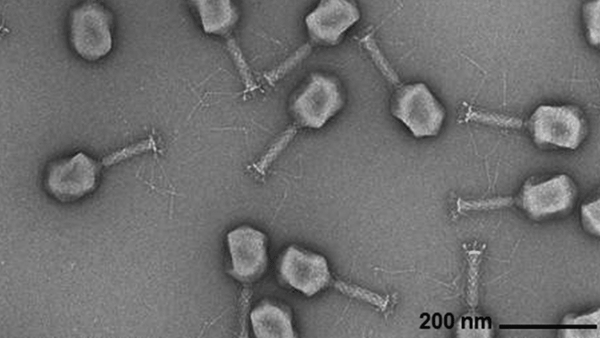
Machine Learning Research
AI Generates Viral Genomes: Researchers use genomic language models to create custom viruses
Researchers used AI models to create novel viruses from scratch.

Machine Learning Research
Researchers used AI models to create novel viruses from scratch.

Machine Learning Research
An agent designed for broad biological research could accelerate the work of scientists in specialties from anatomy to zoology.
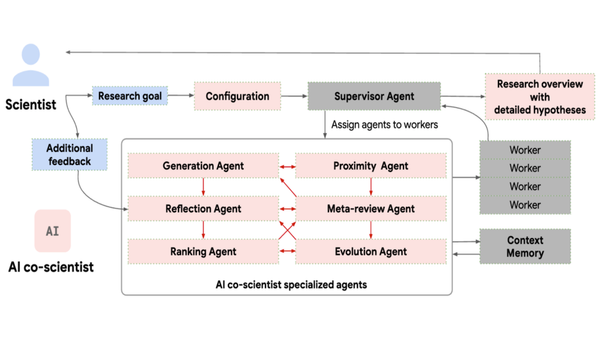
Machine Learning Research
An AI agent synthesizes novel scientific research hypotheses. It's already making an impact in biomedicine.
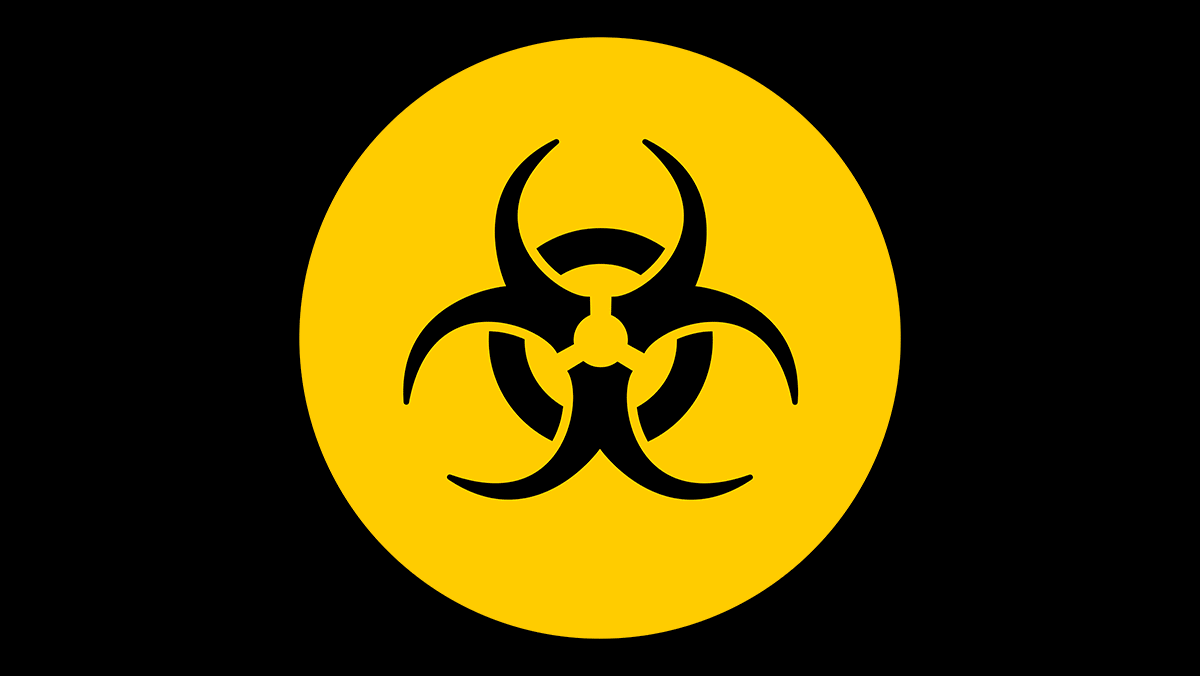
Science
Scientists pledged to control their use of AI to produce potentially hazardous biological materials.
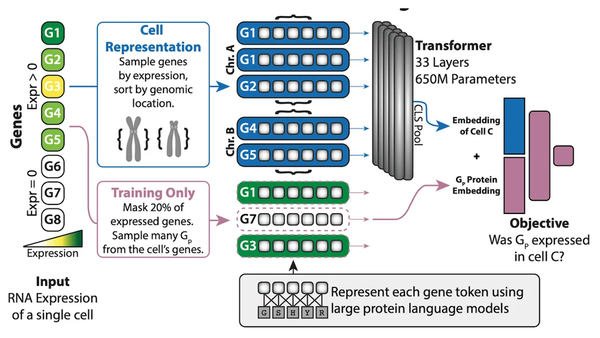
Science
Researchers used an AI system to identify animal cell types from gene sequences, including a cell type that conventional approaches had discovered only in the past year.
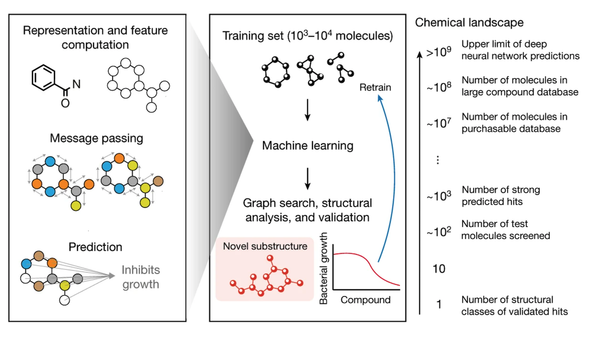
Science
Biologists used neural networks to find a new class of antibiotics. Researchers at MIT and Harvard trained models to screen chemical compounds for those that kill methicillin-resistant Staphylococcus aureus (MRSA), the deadliest among bacteria that have...
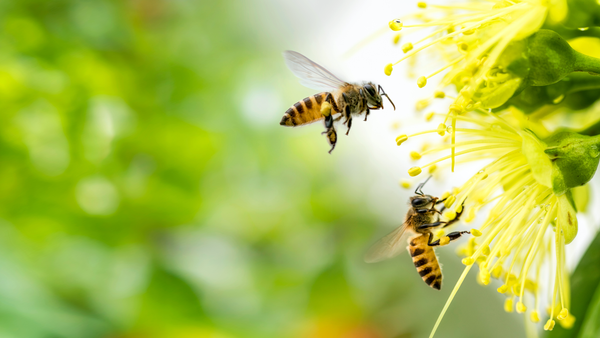
Science
A machine learning method could help chemists formulate pesticides that target harmful insects but leave bees alone. Researchers at Oregon State University developed models that classify whether or not a chemical is fatally toxic to bees.

Science
People who suffer from gastrointestinal conditions such as irritable bowel syndrome are number two when it comes to describing the characteristics of their own poop.

Machine Learning Research
The computational systems known as cellular automata reproduce patterns of pixels by iteratively applying simple rules based loosely on the behavior of biological cells. New work extends their utility from reproducing images to generating new ones.
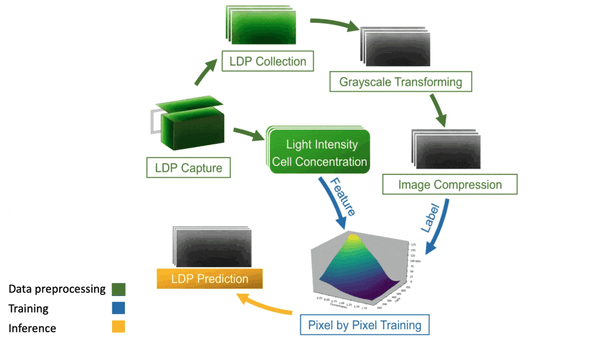
Science
A new machine learning technique is boosting algae as a renewable, carbon-neural source of fuel for airplanes and other vehicles typically powered by fossil fuels.

Science
Every gene in the human genome exists in a variety of mutations, and some encode protein variants that cause cells to malfunction, resulting in illness. Yet which mutations are associated with disease is largely unknown.
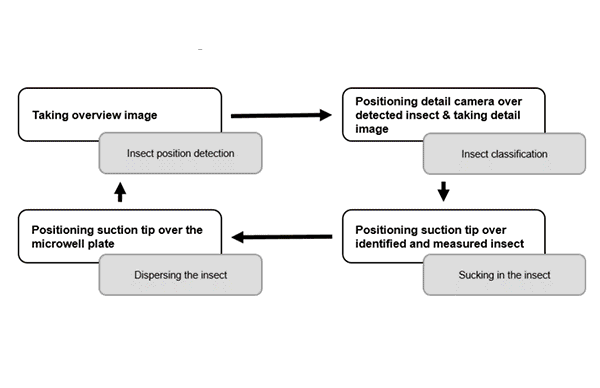
Science
An insect-sorting robot could help scientists grapple with the global biodiversity crisis. An automated insect classifier sucks in tiny arthropods, classifies them, and maps their most important identifying features.